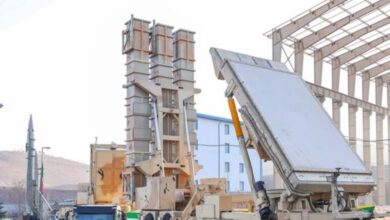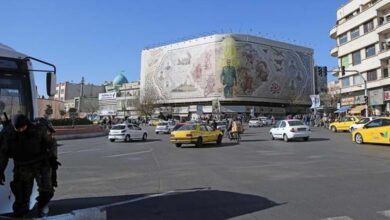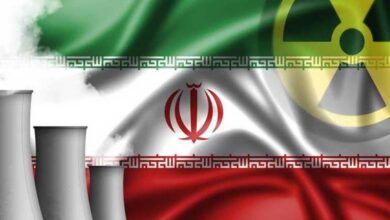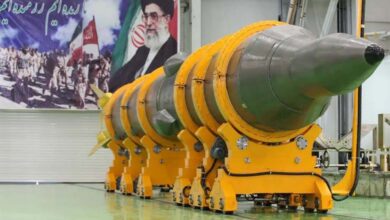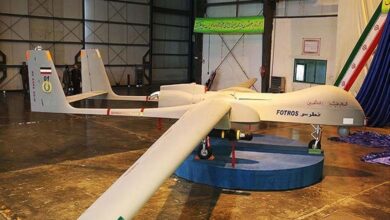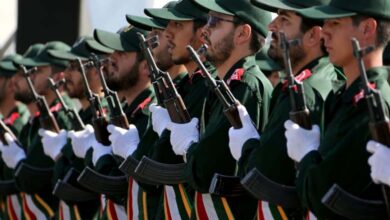Iran’s role in Yemen… Weapons flow to the Houthis, warning of “serious consequences”
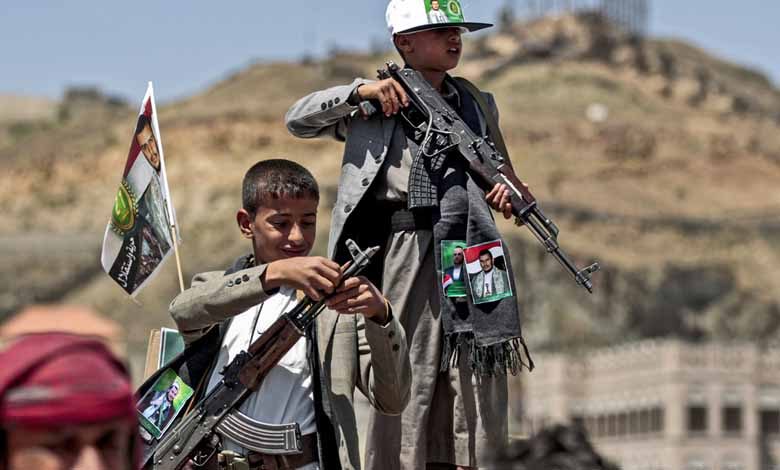
The Iranian role in Yemen remains a source of concern for the international community, because Tehran supplies the Houthis with weapons, which the militias use to strike neighboring countries, especially Saudi Arabia, which poses a threat to the security of the region.
A report issued by a committee of experts at the United Nations reveals that Iran is still sending weapons and missiles to support the Houthis in Yemen, which is witnessing a civil war that has torn the country apart.
The report warned of the continuing deterioration of the situation in Yemen, which will have “dire” consequences for the Yemenis, according to “Fox News”.
Evidence from the Committee of Experts who submitted their report to the Security Council showed that individuals and parties from within Iran are involved in sending weapons to the Houthis, which is considered a violation of United Nations resolutions.
Evidence obtained by the Committee of Experts includes anti-tank guided missiles, launchers, and other weapons with markings made in Iran.
Washington had imposed during the administration of former President Donald Trump sanctions on the Houthis and considered them a “terrorist organization” because of the support they get from Iran.
The administration of the US President, Joe Biden, took a different approach in dealing with this file, as some of the sanctions related to this classification were suspended until February 26.
The United Nations has called on Washington to reconsider the classification of the Houthis as a terrorist organization, especially since this matter may harm aid and food delivery.
The United Nations report indicates that all parties in Yemen violate human rights and international law, as the escalation in the fighting continues, affecting civilians, not to mention the continued attacking civilian targets in Saudi Arabia with missiles.
According to a report published by the Associated Press, wich sheds light on issues related to corruption and money laundering with the participation of the Yemeni government, as the Central Bank of Yemen denies these allegations despite accusations of transferring more than 400 million dollars illegally.
Arms sales
Regarding developments in the US position, US Secretary of State Anthony Blinken announced that Washington would suspend “ongoing” arms sales to Saudi Arabia and the UAE until they were “re-audited” to ensure that they achieve their “strategic goals”.
With the support of Abu Dhabi, Riyadh, is leading a military alliance with the Yemeni government in the conflict between her and the Iranian-backed Houthi rebels, who have gained control of Sanaa and large areas of Yemen.
Blinken pledged in his early statements to “end” US support for this coalition, which is accused of making many serious mistakes against Yemeni civilians. This alliance, he said, “contributed to what is often considered the worst humanitarian crisis in the world today.”
At the same time, he stressed a “very urgent” review of the decision to include the Houthis on the US lists of “terrorist organizations”, which faced criticism from all sides because they threatens to impede the delivery of humanitarian aid to large areas controlled by the rebels.
The US decision to freeze arms sales to Saudi Arabia and the UAE has led to renewed calls to the United Kingdom, the second largest arms supplier to Riyadh, to reassess their own policy, according to the British newspaper, ”The Guardian”.
British government officials said there were no plans to review the sales, but the Biden administration’s suspicions about Saudi Arabia’s use of weapons in the six-year-old war in Yemen “require some changes from the Foreign Office to avoid what might appear diplomatic isolation”.
There may also be repercussions for the British arms companies “inevitable”. After presenting evidence to parliament’s arms export control committee last month, experts said the US moves would have an indirect impact, especially with regard to British equipment and US “licensing procedures”.
So far, the war in Yemen has killed 112,000 people, while the United Nations estimates that about 14 million Yemenis face food insecurity.


